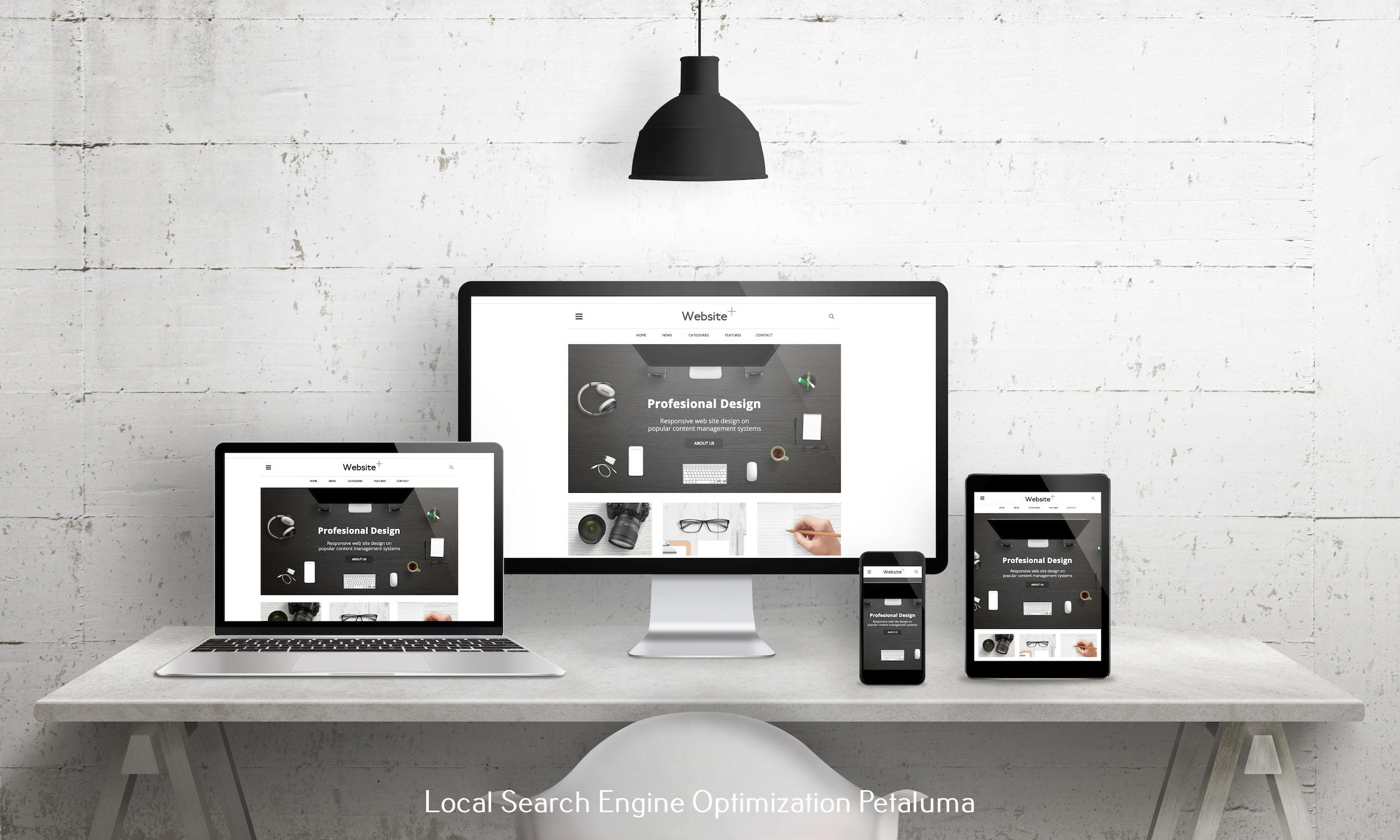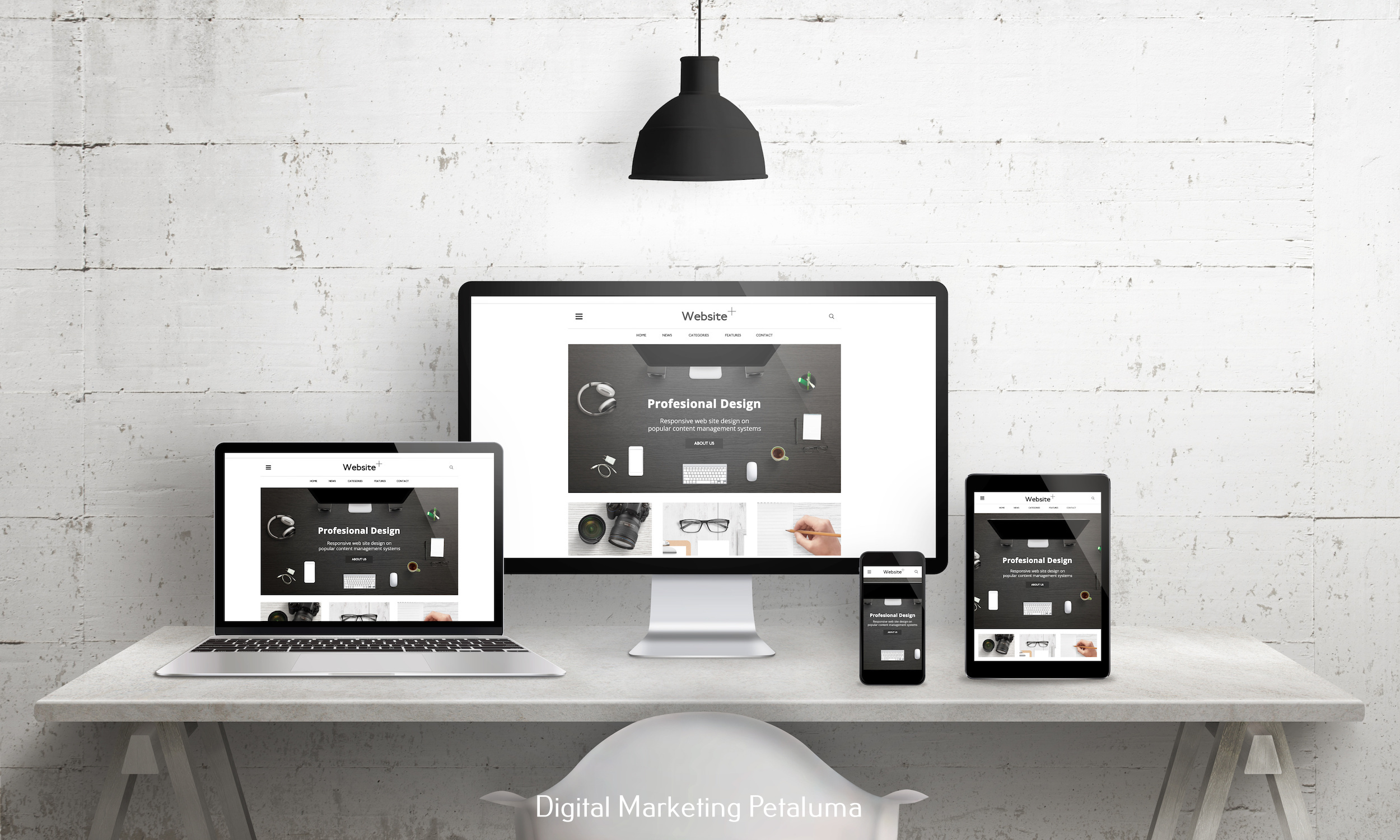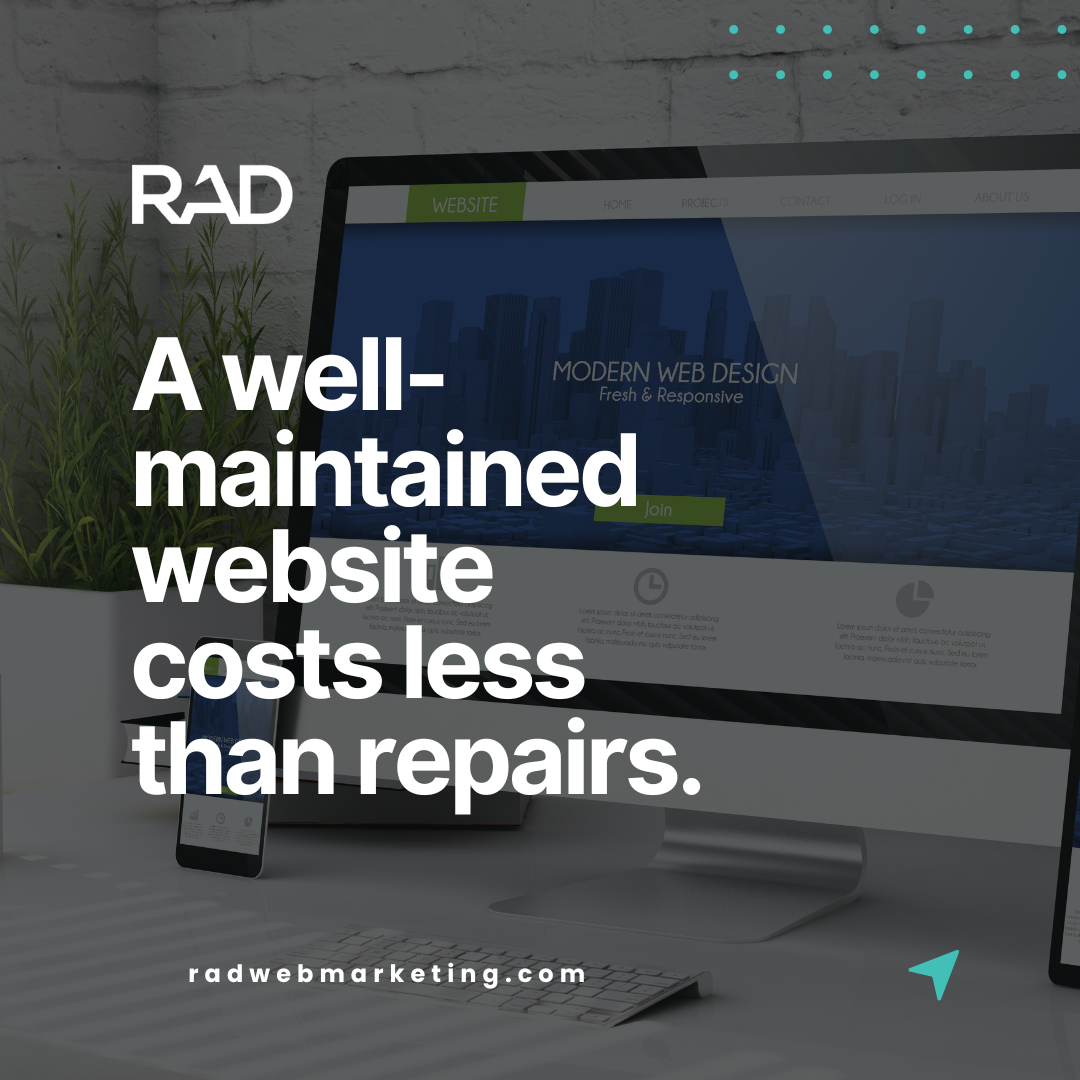How to Improve Website Speed and Keep Visitors Engaged
As a business owner, your website is one of the most powerful tools you have to attract and convert customers. But if your site loads slowly, it can drive visitors away, lower your search engine rankings, and even hurt your bottom line. Studies show that 40% of users will leave a website if it takes longer than three seconds to load, and Google considers page speed a ranking factor for SEO. A slow website doesn’t just frustrate potential customers—it can cost you valuable traffic and revenue.
If your website isn’t performing as quickly as it should, there are steps you can take to enhance speed, improve user experience, and keep visitors engaged. Below, we’ll cover the most effective strategies for optimizing website speed so you can increase conversions, improve SEO, and create a better online experience for your customers.
Why Website Speed Matters for Your Business
A fast-loading website is essential for both user experience and search engine visibility. Here’s why it’s so important:
- Lower Bounce Rates: If your website takes too long to load, visitors are more likely to leave before taking any action.
- Better SEO Rankings: Google prioritizes fast websites in search results, meaning a slow site could push you lower in rankings.
- Increased Conversions: Faster websites lead to higher engagement, more time spent on-site, and better conversion rates.
- Improved Mobile Experience: With more users browsing on mobile devices, a quick-loading site is essential to keeping their attention.
Now, let’s dive into the top strategies for speeding up your website and ensuring an optimal experience for every visitor.
1. Optimize Images Without Losing Quality
Images are a key part of any website, but large, unoptimized images can significantly slow down your site. To prevent this, you need to reduce image file sizes without sacrificing quality. Here’s how:
✅ Resize images before uploading – Don’t upload oversized images and scale them down in the browser. Instead, resize them to the correct dimensions before uploading.
✅ Compress images – Use tools like TinyPNG, JPEGmini, or ImageOptim to reduce file size without noticeable quality loss.
✅ Use next-gen formats – WebP and AVIF formats provide high-quality images with smaller file sizes than traditional JPEG or PNG.
✅ Enable lazy loading – Lazy loading ensures images only load when a visitor scrolls down to view them, reducing the initial page load time.
Proper image optimization can dramatically improve site speed while still maintaining an engaging visual experience.
2. Minimize and Optimize Your Website’s Code
Your website is built using HTML, CSS, and JavaScript, and if these files contain unnecessary characters or extra spaces, they can slow down load times. Minifying your code removes unnecessary data while keeping the functionality intact.
✅ Minify CSS, JavaScript, and HTML – Use tools like CSSNano, UglifyJS, or HTMLMinifier to strip out unnecessary spaces, comments, and characters.
✅ Reduce HTTP requests – Too many CSS and JavaScript files create multiple requests to the server. Combining files can streamline these requests.
✅ Defer JavaScript loading – Deferring JavaScript execution allows the browser to load key content first before running scripts, improving perceived speed.
Streamlining your code ensures faster processing and a more efficient website experience for users.
3. Enable Browser Caching
Every time a visitor lands on your site, their browser downloads files such as images, scripts, and stylesheets. With browser caching, repeat visitors can load your site faster because elements are stored in their browser instead of reloading from the server.
✅ Enable caching on your web server – Set expiration times for different file types so browsers store them longer.
✅ Use a caching plugin – If you’re using WordPress, plugins like WP Rocket, W3 Total Cache, or LiteSpeed Cache make enabling caching simple.
Caching reduces load times for returning visitors, helping create a seamless, efficient browsing experience.
4. Choose a Fast, Reliable Web Hosting Provider
Even with the best optimizations, a slow hosting provider can still limit your site’s performance. Not all hosting services are created equal, and choosing the right one can make or break your website’s speed.
✅ Upgrade to faster hosting – Shared hosting can slow your site down due to multiple websites using the same server resources. Consider VPS, dedicated hosting, or managed WordPress hosting for better speed.
✅ Check server response time – A slow TTFB (Time to First Byte) means your server takes too long to respond. Choose a provider with a proven track record of fast response times.
✅ Use a hosting provider with built-in caching – Some web hosts offer caching and CDN services that improve speed without extra effort.
Selecting high-performance hosting ensures your site remains fast, stable, and able to handle spikes in traffic.
5. Utilize a Content Delivery Network (CDN)
A Content Delivery Network (CDN) distributes your website’s static files (like images, CSS, and JavaScript) across multiple servers worldwide. This means visitors can access content from the closest server instead of waiting for it to load from a single location, reducing load time.
✅ Use a reliable CDN – Services like Cloudflare, StackPath, and Amazon CloudFront improve speed and security.
✅ Reduce latency – A CDN stores copies of your site’s assets across different geographical locations to load content faster.
✅ Improve mobile performance – A CDN can help deliver images and files faster, ensuring better speed for mobile users.
For businesses with a global audience, a CDN is an essential tool to deliver content quickly and efficiently.
6. Reduce Unnecessary Plugins and Scripts
If your website runs on a platform like WordPress, too many plugins can slow it down. Some plugins add extra JavaScript, CSS, or database queries that increase load time.
✅ Remove unused plugins – Deactivate and delete any plugins you’re not actively using.
✅ Use lightweight alternatives – Some plugins are resource-heavy, so opt for performance-friendly alternatives when possible.
✅ Keep your plugins updated – Outdated plugins can slow down your site and introduce security risks.
Only use plugins that genuinely add value and improve functionality—unnecessary ones can slow your website down.
Final Thoughts
A fast-loading website is essential for a great user experience, higher SEO rankings, and increased conversions. By implementing these strategies—optimizing images, minifying code, enabling caching, choosing a fast web host, using a CDN, and reducing unnecessary plugins—you can ensure your website is as fast and efficient as possible.
Regularly test your site’s speed using tools like Google PageSpeed Insights or GTmetrix to identify new areas for improvement. Keeping your website fast isn’t just about SEO—it’s about providing a better experience for your visitors and turning them into loyal customers.
If you need help improving your website’s performance, RAD Web Marketing specializes in web design, SEO, and digital optimization to ensure your site runs at peak performance.
📞 Call 707-205-3600 today to learn more!













































0 Comments